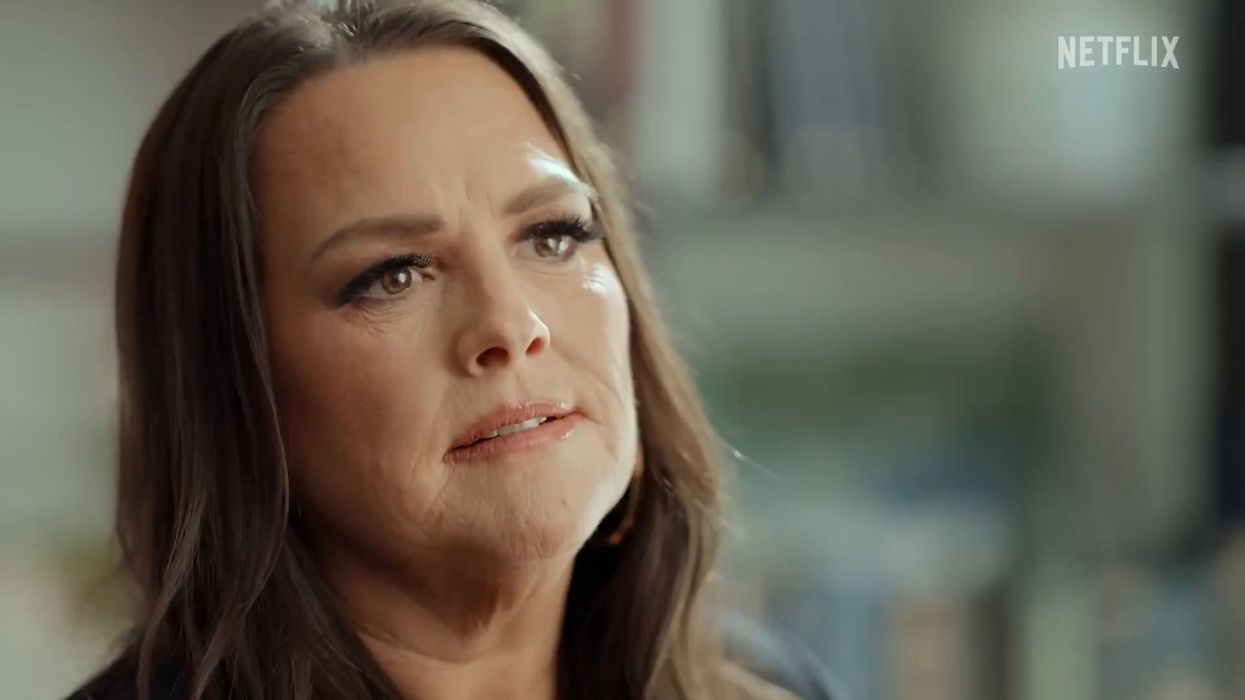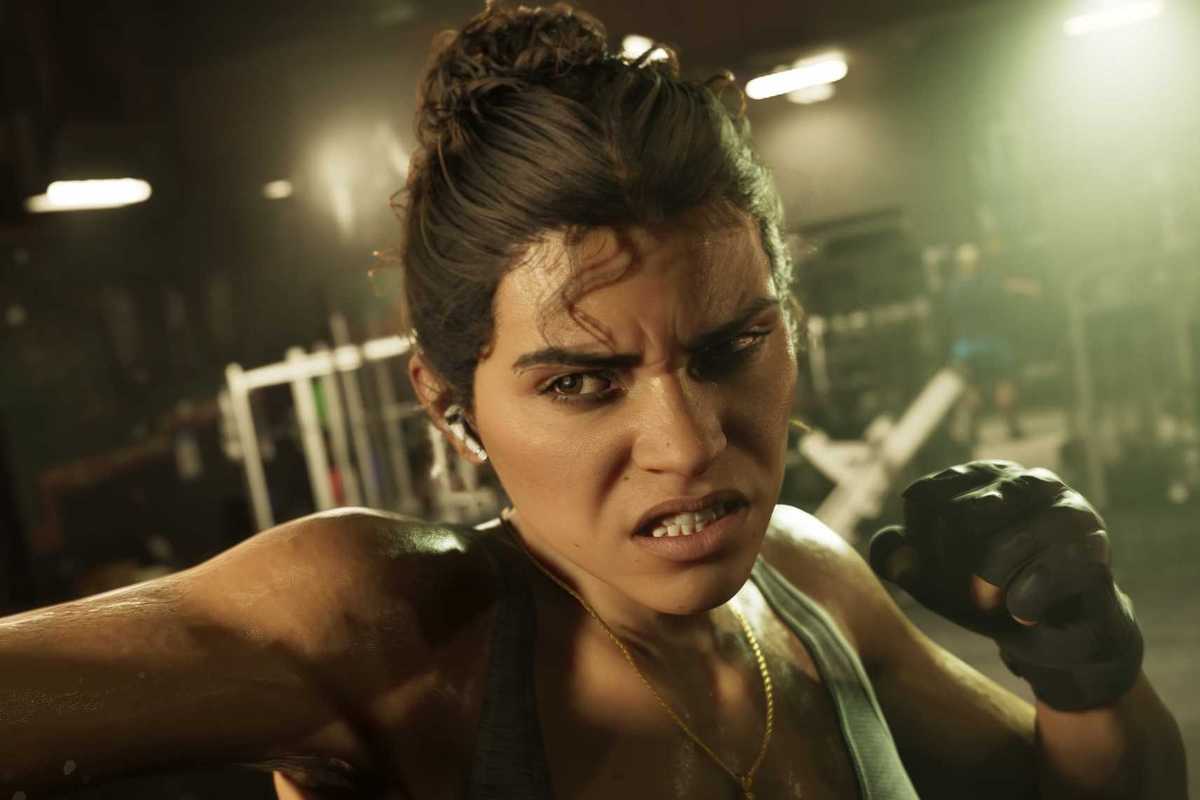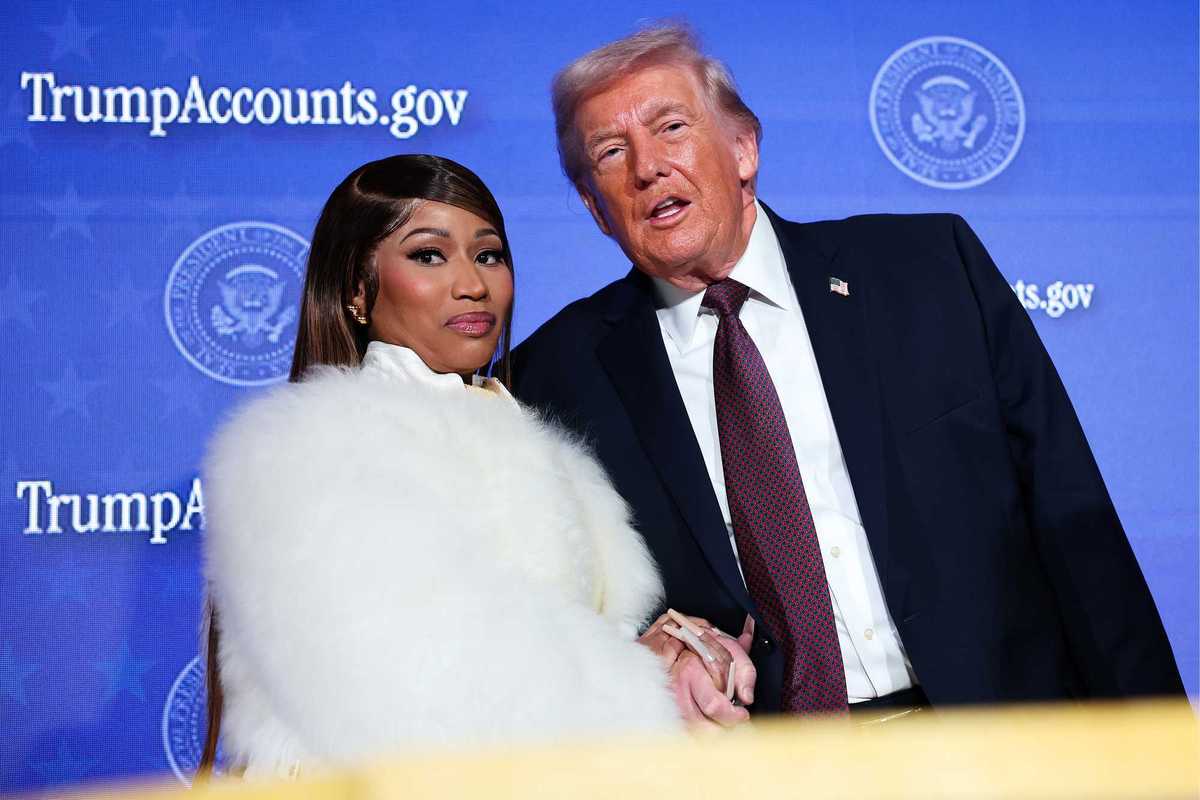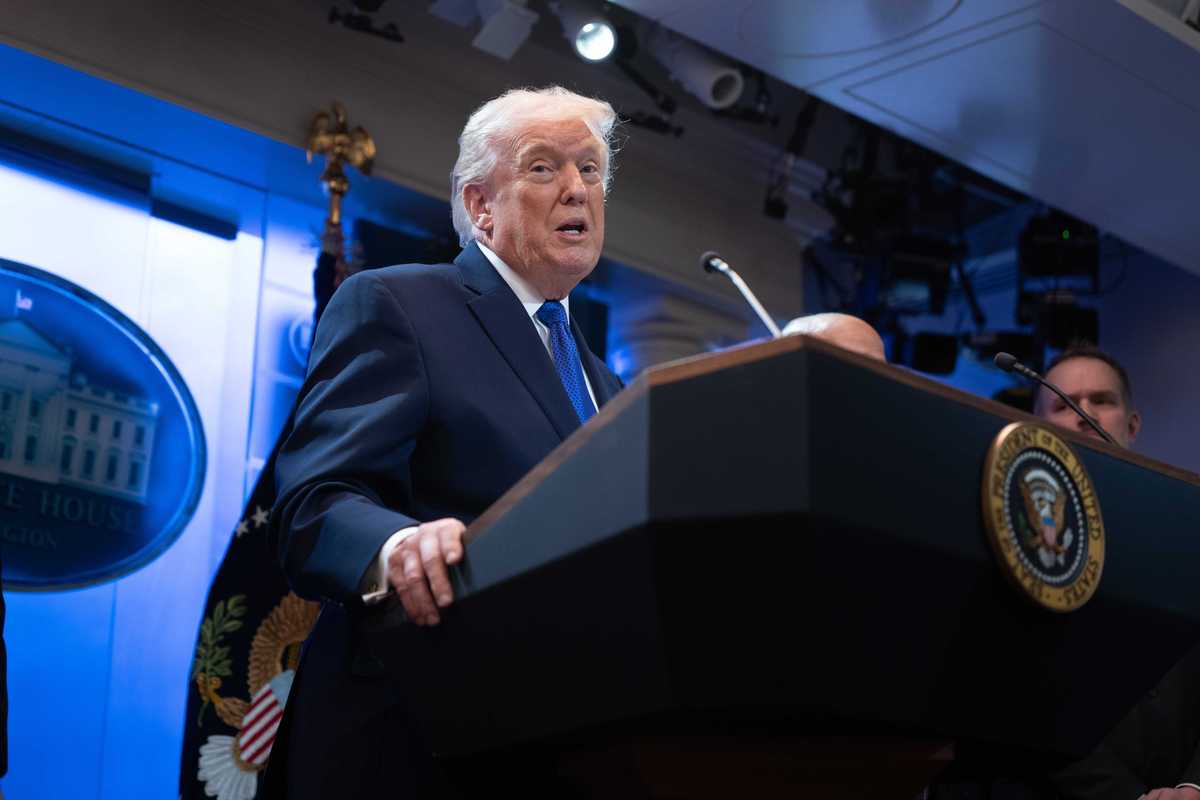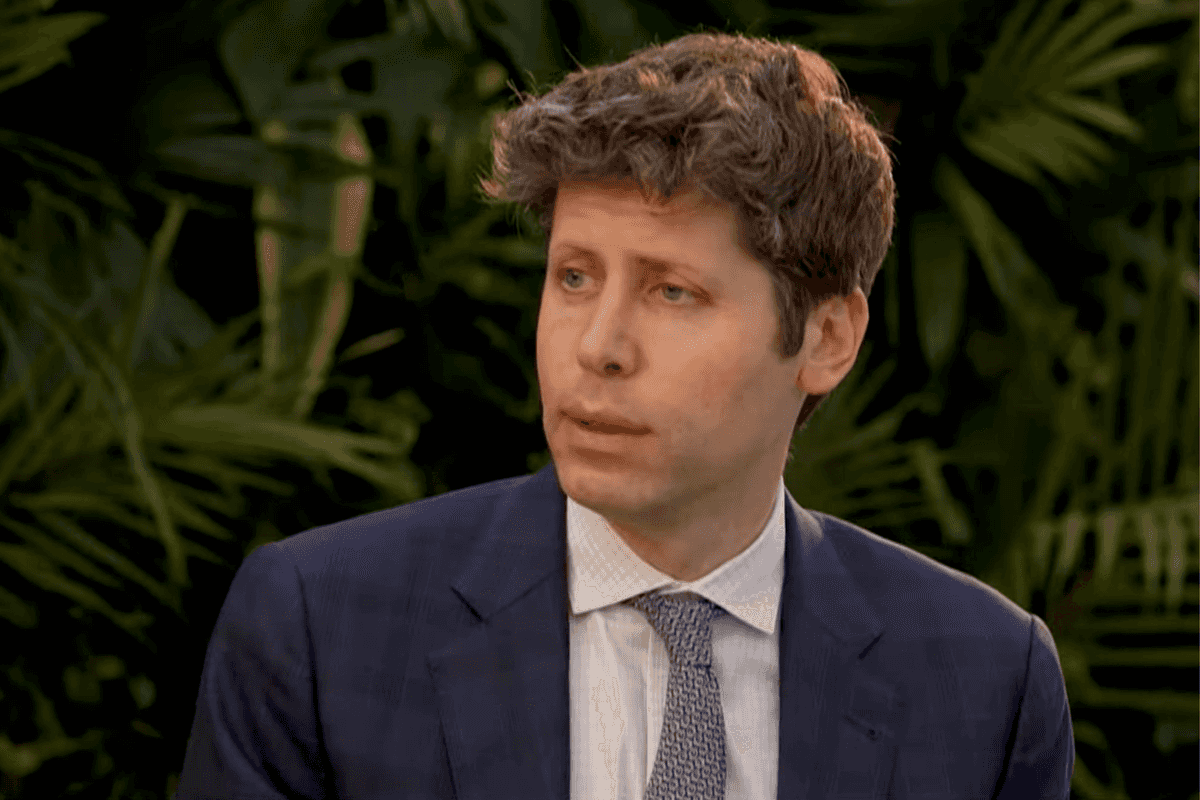We're living through a confusing time when it comes to diet culture. One sub-section of Gen Z are anti-diet culture, while another is taking Ozempic, and the rest are somewhere between refusing to take the advice of their 'almond' parents, and trying to create their own wellness narrative.
But a new Netflix documentary has made us realise we're actually far more closely-linked than we first thought, because frankly, we've all been left asking: "How on Earth was this allowed to air?"
Fit For TV: The Reality Of The Biggest Loser is causing quite the stir online with the three-part series exploring the toxic behind-the-scenes culture of the popular weight-loss show.
The Biggest Loser was just one of a number of shows aimed at shaming overweight people into being thinner during that time, including Supersize vs Superskinny, Fat Families, and Secret Easters.
The Biggest Loser aired from 18 seasons from 2004 to 2020, and the new documentary speaks with former contestants, trainers, and health professionals about just why it was so controversial.

Those appearing in the documentary include Ryan Benson, Season 1 winner, David Broome, The Biggest Loser co-creator and executive producer, Danny Cahill, Season 8 winner, and JD Roth, another executive producer.
The concept of the show was simple: People considered "overweight and unhappy" would apply to be mentored through an extreme weight-loss program. They'd be met with temptations along the way, and be competing against other dieters to lose the highest percentage of their body weight fort a shot at a $250,000 prize.
However, a string of controversies followed the concept, not least because season 15 winner, Rachel Frederickson, weighed just 105 pounds (7.5 stone) by the finale, having started at 260 pounds (18.5 stone). In 2016, Los Angeles County Sheriff’s Department also launched an inquiry into allegations from former contestants who claimed they were pressured to take drugs to lose weight.
"This is what America thinks is healthy and safe", host, Alison Sweeney says in the trailer.
One contestant, Tracey Yukich, can be heard claiming that her organs "were shutting down" as a result of the gruelling program, after she collapsed during a beach race.
- YouTube www.youtube.com
“I didn't realise that I had rhabdomyolysis. And rhabdomyolysis is your body's way of saying, ‘I'm going to shut down on you.’ It started with my liver, then it was in my kidneys and then it goes to your heart. And that's where I almost died", she noted.
“I don't remember a lot,” she continues in the documentary. “I remember hearing the helicopter. I just felt like I was floating. And then my grandpa was there. And then I saw darkness. But then I saw light. So I knew, I knew I died that day.”
"In the end, it worked out great 'cause I won, but I was doing what most doctors would say were super unhealthy things," season one winner, Ryan Benson also told cameras.
"The last 10 days I didn't put any food in my body. I was doing the master cleanse, just drinking lemon juice and maple syrup, cayenne pepper, all these tricks that are super unhealthy just to cut weight. At the final weigh-in, we had to do a urine test and they said, 'Ryan, there's blood in your urine,' which obviously means you're so dehydrated."
Naturally, people have been left horrified by the revelations from the show they once loved tuning into.
"I will never forgive The Biggest Loser for villainizing exercising and depicting it as a form of punishment", one viewer wrote.
"Reality TV is just built on exploitation", another added.
"The early 2000s was not for the week", a third noted.
Ultimately, it's prompted us to all pause and reflect on our own attitudes towards diet culture.
Jillian Michaels responds to documentary - and threatens to sue
Fitness guru (and now right-wing commentator) Jillian Michaels didn't appear in Fit For TV - but has had a lot to say about it since.
A number of remarks were made about Michaels in the documentary, including that she didn't reach out to former co-star, Bob Harper, following his 2017 heart attack, and that she allegedly gave dieters on the show caffeine pills in a bid to enhance their performance under her leadership.
In a new interview with TMZ, she's set the record straight on her side of the story.
“First of all, at no point was caffeine banned from the show. And actually, if you watch that episode, Alison Sweeney, I’m almost sure – I know for a fact I say it, that they’re allowed to have caffeine, but I’m not allowed to give it to them", she says of the caffeine pills.
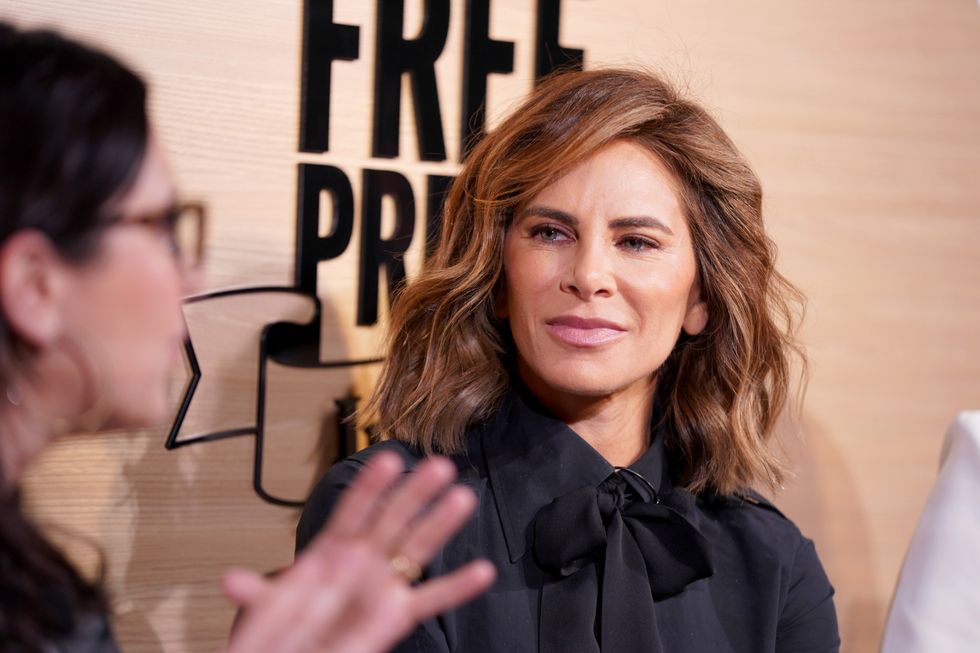
She added: “I’m almost sure that’s what’s in the show. I haven’t watched it in years.”
“The point I’m trying to make is that this was always intermittently allowed throughout the show. Caffeine was never removed from the show,” she continued, noting that her only breach of contract was being the one to directly hand over the pills.
“And then I have an entire email chain with the show’s producer and the show’s nutritionist asking why Dr. Huizenga had just taken this away because they were drinking unlimited amounts of coffee.”
Michaels claims she knew the Netflix documentary was going to be a "hit piece" - which is why she didn't get involved with it.
"I was like, ‘I’m not participating in this. This is not going to be good.'", she adds.
While she says she's hesitant to take legal action, she claims she "doesn't have a choice", and has set up a meeting with Justin Baldoni’s lawyer, Bryan Freedman.
Why not read...
Scandinavian TV and movies have dominated Netflix in 2025 - here's what to watch
Click here to sign up for our newsletters.
